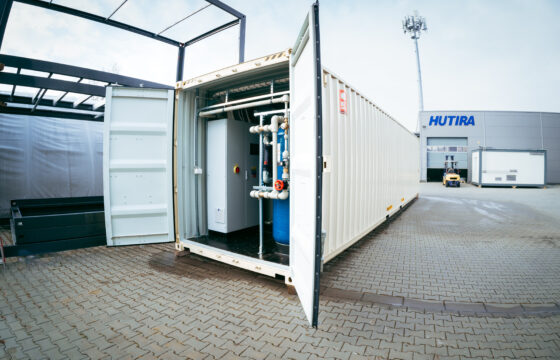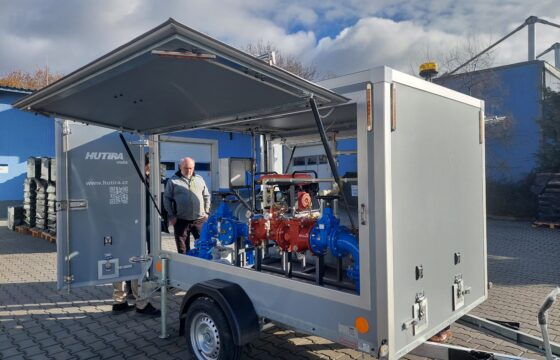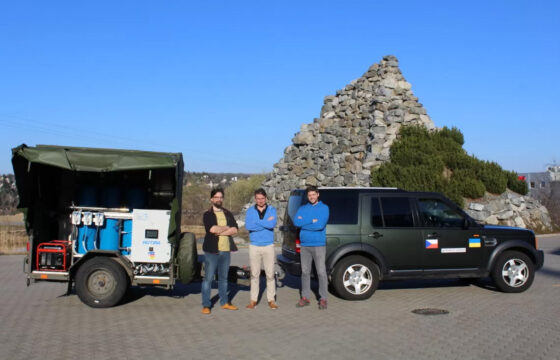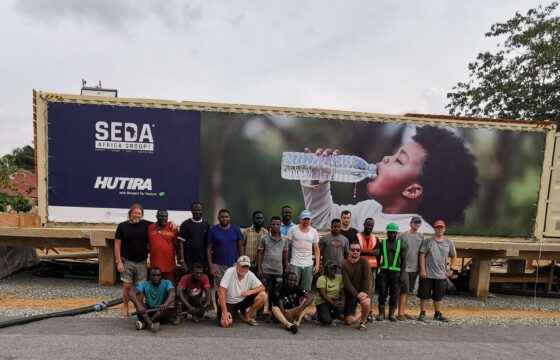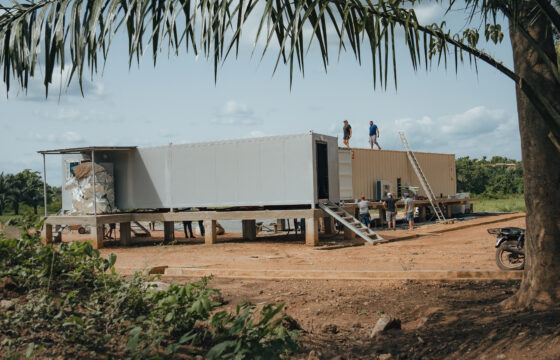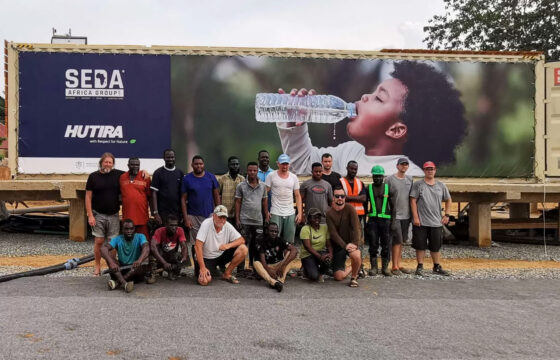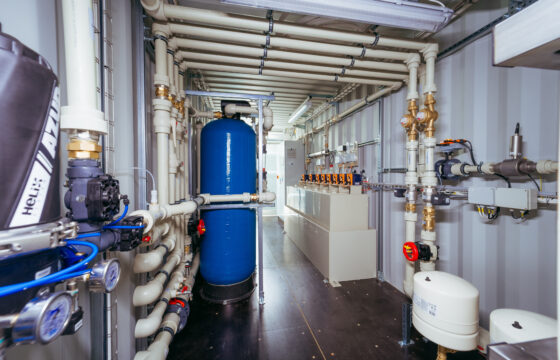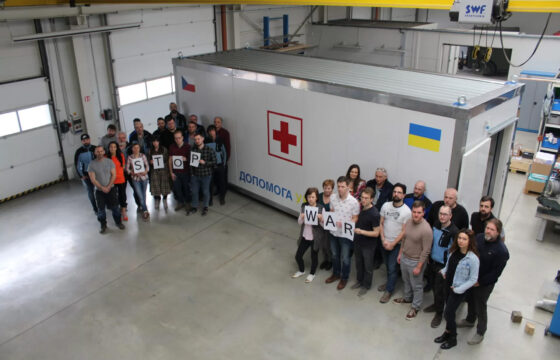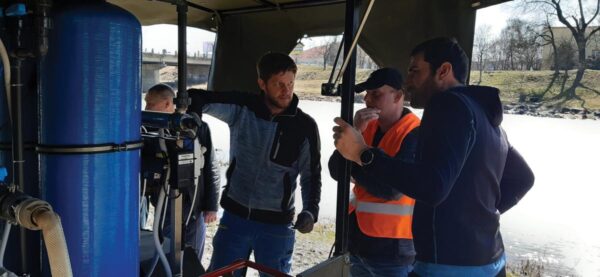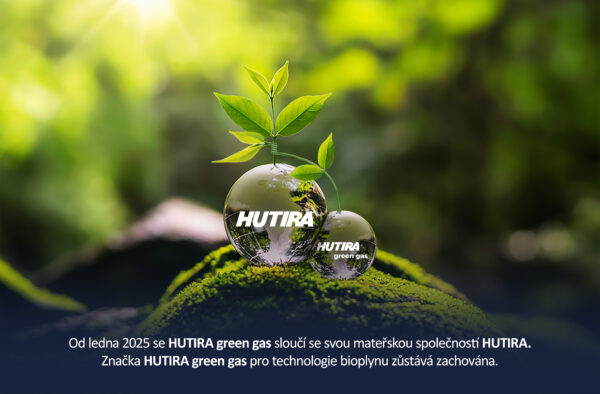1. 10. 2024
Floods or even though there is more than enough water, there is no drinking water
HUTIRA offers a solution that can help in similar crisis situations that people are facing with regard to this year’s floods that hit parts of the Czech Republic.
The solution may be mobile water treatment technologies, and the word mobile is very important here, just for the use for crisis purposes, thanks to the ease of transport to the affected areas. Our HUTIRA CCW mobile water treatment plants provide solutions in many areas, especially in humanitarian aid, in crisis situations, for example during floods, or in places where there is a shortage of drinking water for whatever reason. We have translated our long-term and professional experience in the field into innovative technical solutions that are now appreciated by customers in many places.
We continuously incorporate the technical details that are necessary for the smooth and safe operation of this technology, even in extreme conditions. Among other things, we have introduced and are still developing the concept of a water treatment plant for military purposes, where we have gained a great deal of valuable knowledge and experience,” explains the current Sales Director of HUTIRA s.r.o., Petr Hajný, who has long been involved in water treatment, purification and recycling technologies within the HUTIRA – WATER department.
The technology of the container mobile water treatment plant is based on a multi-stage treatment process. It can produce up to 10,000 litres of drinking water per hour, which, with a consumption of 5 litres of water per person per day, means the possibility of supplying over 45,000 people with drinking water in the field every day.
“In addition to several projects in the Czech Republic, where our technology is continuously helping, our experience with humanitarian aid, where we lent a version of the mobile water treatment plant to the war-stricken Ukraine, confirms the sense and usefulness of such equipment. For almost 2 years we have been monitoring the movement of the water treatment plant, which locally serves where it is most needed at the moment. A very important location for us now is Ghana, where we have successfully implemented a containerised water treatment plant project and are treating raw water from the highly polluted Birim River to drinking water quality for the local population suffering from a lack of drinking water.” adds Petr Hajný.


